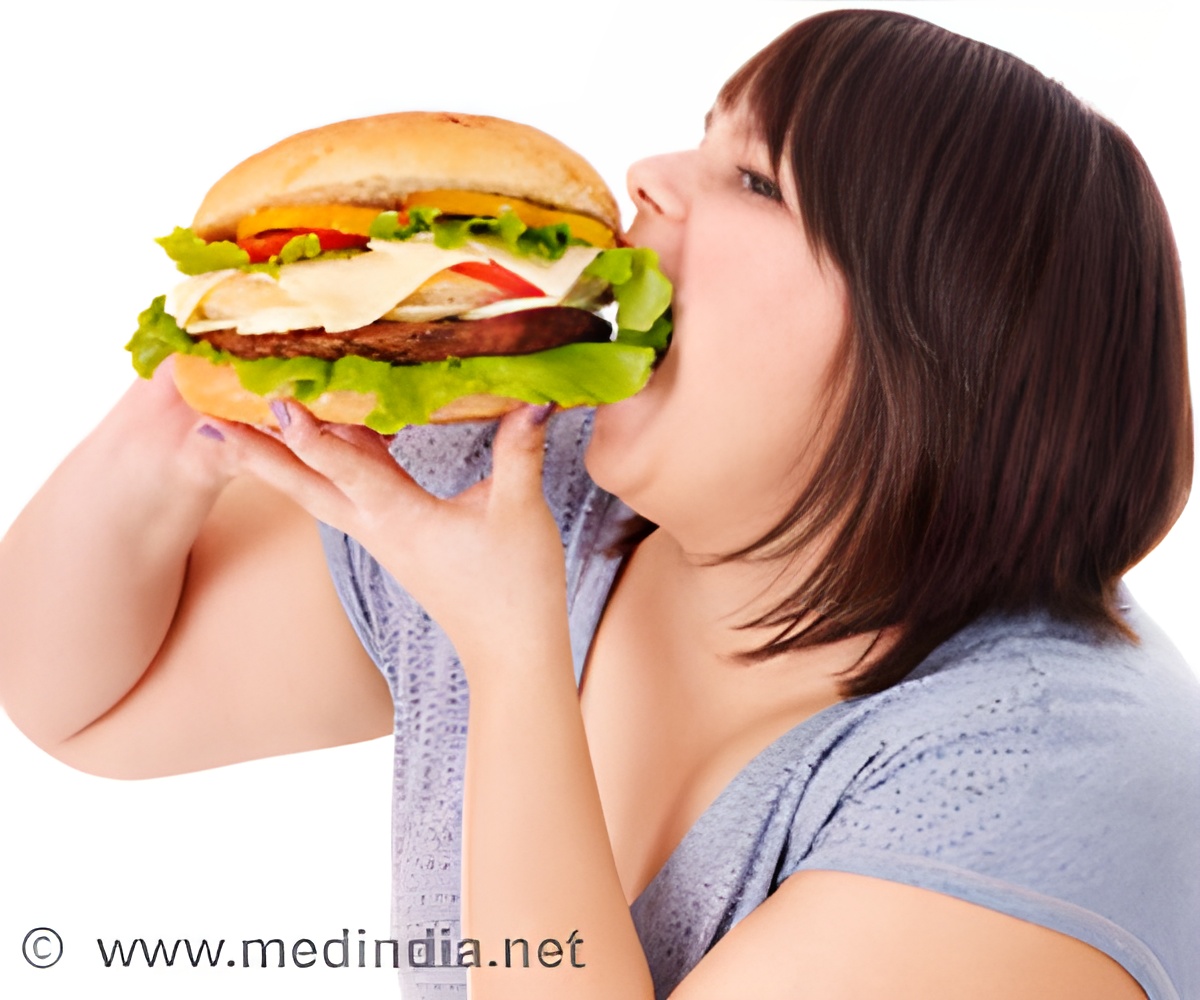
"Consumer food marketing can be extremely persuasive and the right buzzword on a package can lure a shopper into making an unwise purchase," Kari Kooi, a registered dietician at The Methodist Hospital in Houston, said.
"We need to educate consumers on how to read nutrition labels so they can avoid falling prey to the 'health halo' effect," the dietician said.
Kooi has come up with five foods that need to be avoided.
Vegetable chips are marketed as a healthy substitute for vegetables, but most brands have nutrition labels that read the same as a regular potato chip.
Vegetable chips contain vegetable powders. Once a vegetable is processed into a chip, many of the nutrients are lost and the calories increase because fat is added.
Advertisement
Most nutrient-enhanced waters are nothing more than colored sugar water loaded with empty calories that can contribute to weight gain.
Advertisement
The added vitamins are useless to the majority of people since our bodies get adequate amounts from other dietary sources.
The body only uses what it needs and excretes the rest.
A better option would be taking a daily multivitamin with a glass of water.
Muffins - they may look like a healthier option than a doughnut, especially when sprinkled with a few oats or studded with blueberries, but don't fool yourself.
Made with refined white flour and plenty of oil and refined sugar, muffins are nothing more than cupcakes without icing.
Many coffee shop muffins are mega-sized and can easily top 500 to 600 calories.
Most premade commercial smoothies are syrupy concoctions loaded with calories and sugar.
The sugar rush these beverages provide can leave you with a subsequent energy slump.
Keep the calories in check by making fresh smoothies with high-quality, nourishing ingredients like low-fat Greek yogurt, skim milk and fresh or frozen fruits.
Frozen yogurt is a delicious summertime treat made with low-fat or fat-free dairy ingredients, but it's definitely not calorie-free.
Most include a hefty amount of added sugar.
Many of the live and active cultures added to frozen yogurt are not able to survive freezing, so don't count on any probiotic benefits.
Source-ANI















